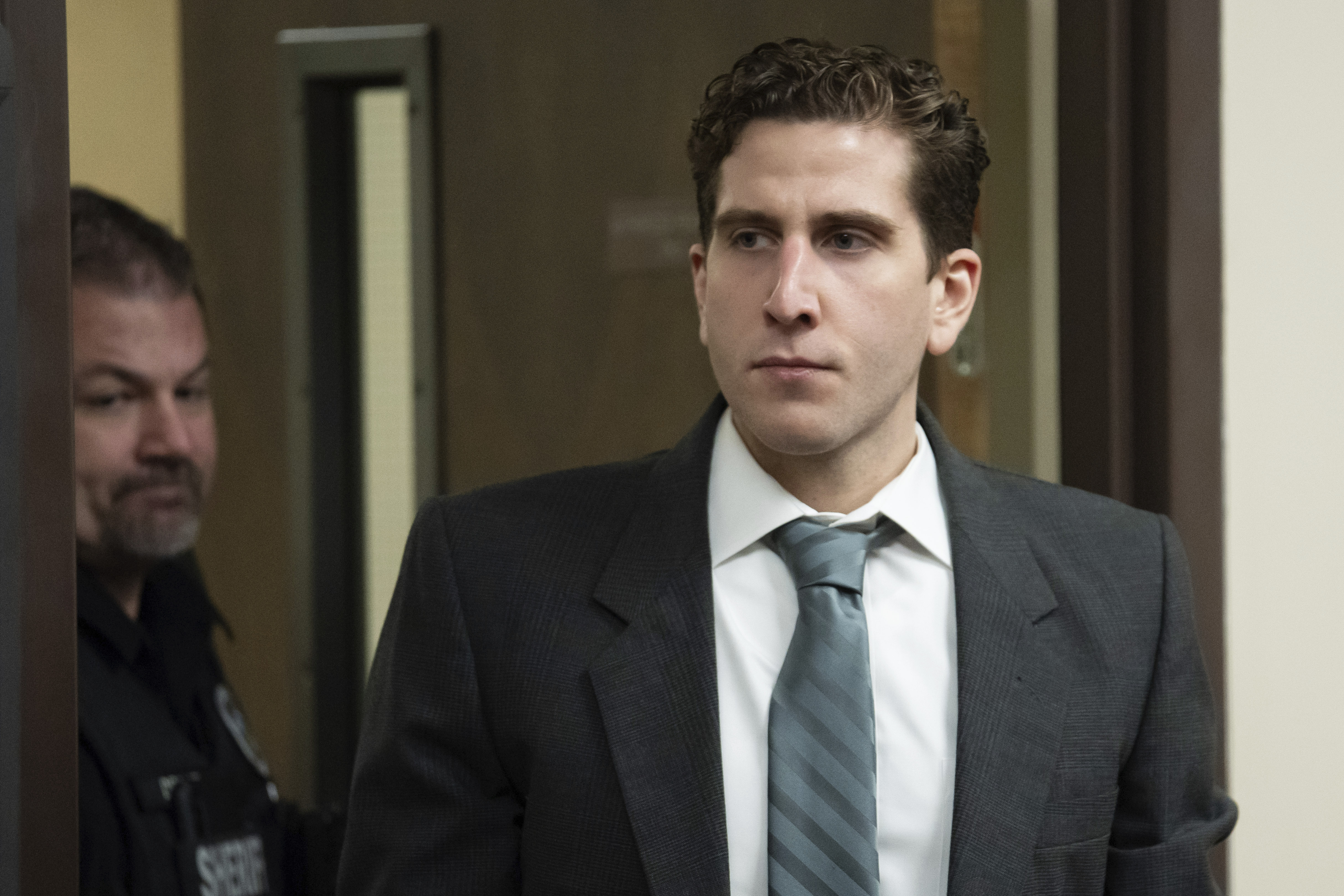There may be some light at the end of California's dark fiscal tunnel after all.
Voters on November 6 showered the state with an economic trifecta when they passed three ballot propositions.
Proposition 30 will yield between $7 and $9 billion over the next seven years, with most used to start shoring up the state's beleaguered public education system.
Passage of Proposition 39 will close a corporate tax loophole that actually encouraged companies to move jobs out of the state; more important, the outcome will bring in another $1 billion for state coffers.
And by approving Proposition 36, which revises the meaning of the state's "three strikes" law, the voters have opened the way for as many as 4,000 prisoners incarcerated for nonviolent third strikes to petition for release.
Inasmuch as it costs about $50,000 per year per prisoner, that could mean an additional savings of $200 million. All this has led Mac Taylor, the state's Legislative Analyst, to revise his forecast of the budget deficit to $1.9 billion instead of a previously predicted $15.7 billion.
And, Taylor projects a small surplus for 2014. Couple all this data with the continued downward trend of the state's unemployment rate to 10.1 percent and we can breathe a little easier as more people go back to work and pay more taxes.
U.S. & World
News from around the country and around the globe
That's the good news--at least in the short run.
Long term, however, California's fiscal house faces volatility. That's because of the state's disproportionate dependence on a single source--the personal income tax--as the dominant provider of revenues.
These days, the personal income tax accounts for about 62 percent of the money that comes into the general fund, nearly double the 32 percent portion of the general fund in 1982.
Meanwhile, the sales tax, about 40 percent of the general fund thirty years ago, now hovers at about 25 percent.
Corporate and "sin" taxes are also lower percentages today as well. And the motor vehicle tax is a fraction of what it used to be.
Who cares as long as the state gets enough money? We all should. The more California relies on a single revenue source, the more the state is vulnerable to wild economic swings. However, if we retool our revenue collection system to collect revenues from a variety of sources, the more likely we are to survive those economic gyrations.
This is the long term thinking that the legislature has not been able to do because of the two-thirds vote required for changing tax rules. Now, the legislature has an opportunity to act.
The new two-thirds majority gives Democrats the room to think and act long term in ways that will the put the state on firm fiscal ground for decades instead of lunging from one direction to another every year to make ends meet. It's a "grown up" approach that's long overdue.
Whether state leaders are up to the task is another question.



